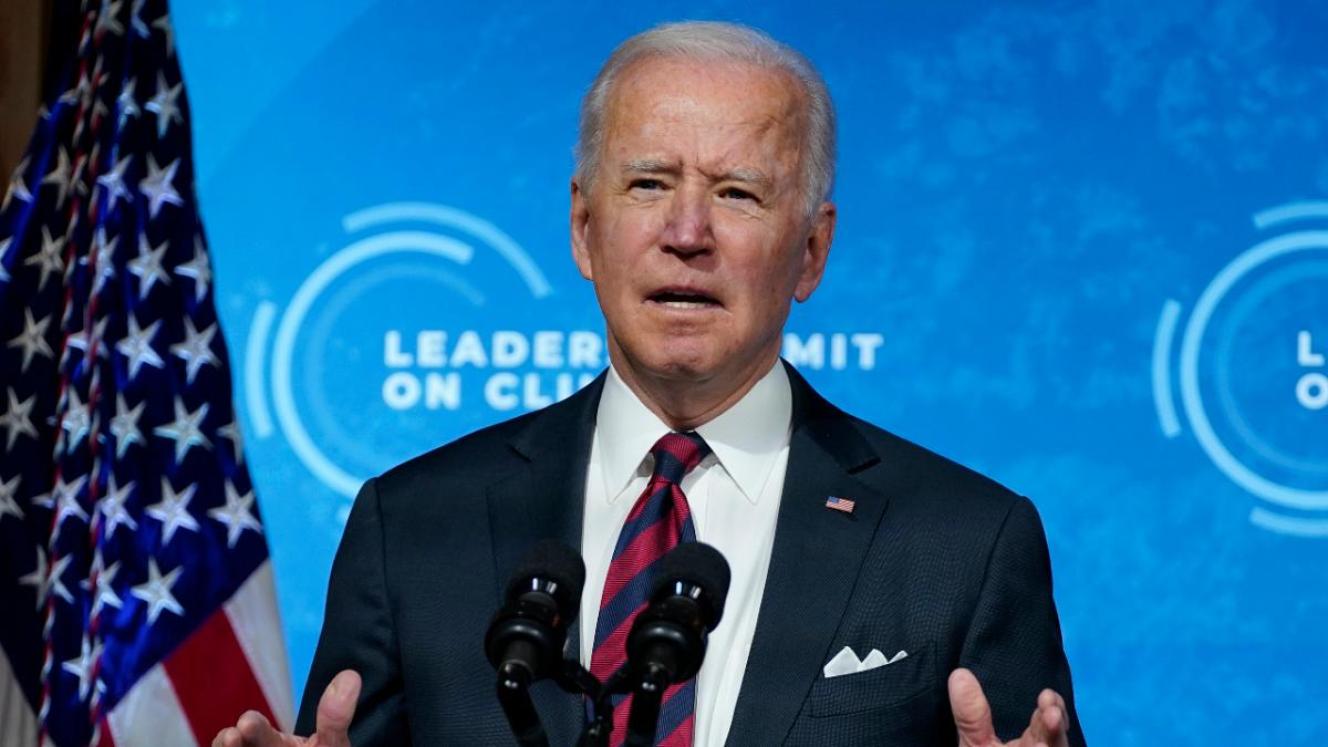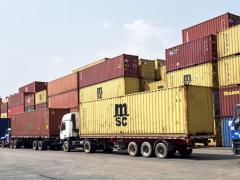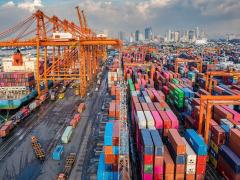The trucking, shipping and aviation industries have committed to ambitious emissions targets following an announcement by President Biden at the COP26 World Leaders Summit of the launch of a new platform - the First Movers Coalition.
It will allow companies to harness their purchasing power and supply chains to create early markets for innovative clean energy technologies that are key to tackling the climate crisis.
The platform was created through a partnership between the US State Department’s US Special Presidential Envoy for Climate and the Office of Global Partnerships, and the World Economic Forum, in collaboration with the US Departments of Commerce and Energy.
More than 25 founding members - leading companies from a wide range of industries around the world - made commitments to spur the commercialisation of emerging technologies in this decade. The coalition’s approach is to assemble ambitious corporate purchasing pledges across sectors that represent more than a third of global carbon emissions and span heavy industry and long-distance transportation. The technologies needed to decarbonise these “hard-to-abate” sectors are not yet commercially available or competitive but are essential to bring to market by 2030 to enable their rapid scale-up to achieve net-zero emissions economy-wide by 2050.
US special presidential envoy for climate, John Kerry, said to achieve net-zero by 2050 it was critical not only to deploy as rapidly as possible existing clean energy technologies, such as wind turbines, solar panels, and battery storage, but also drive innovation for long-term decarbonisation goals.
US secretary of commerce, Gina Raimondo, believes the private sector has a leading role to play in finding innovative solutions, bringing new and clean technologies to market, and reducing greenhouse gas emissions. “The voluntary commitments made by First Movers Coalition members send clear demand signals that will help ensure the technologies we develop will meet our climate goals.”
Founding member companies have made commitments in at least one of these sectors:
· Steel: Members commit to purchase volumes of near-zero emissions steel by 2030. Steel purchasers set a target that at least 10% of their annual steel procurement volumes by 2030 would meet or exceed the First Movers Coalition definition for “breakthrough steel”.
· Trucking: Members commit to purchase or contract zero-emission medium- and heavy-duty vehicles by 2030. These can include battery or fuel-cell electric vehicles, which enable the use of clean sources of electricity, and hydrogen, for charging. Trucking owners and operators also set a target that at least 30% of their heavy-duty and 100% of their medium-duty truck purchases will be zero-emission trucks by 2030. Retailers and manufacturers set a target that they will require all of their trucking service providers to meet the trucking owners’ and operators’ commitment by 2030.
· Shipping: Members commit to use zero-emission fuels in new and in retrofitted zero-emission vessels by 2030. Carriers set a target that at least 5% of their deep-sea shipping will be powered by zero-emission fuels by 2030 and on ships capable of using zero-emission fuels. Cargo owners set a target that at least 10% of the volume of their goods shipped internationally will be on ships using zero-emission fuels by 2030, on the way to 100% by 2040.
· Aviation: Members commit to use emerging technologies, including advanced sustainable aviation fuels (SAF) with significant emissions reductions as well as electric and hydrogen propulsion for air travel by 2030. This commitment recognises and builds on the Biden administration’s Sustainable Aviation Fuels Grand Challenge.
o Airlines and air transport companies set a target of replacing at least 5% of conventional jet fuel demand with SAF that reduces life-cycle GHG emissions by 85 or more when compared with conventional jet fuel, and/or using zero-carbon-emitting propulsion technologies by 2030;
o Airfare and airfreight purchasers set a target of replacing at least 5% of conventional jet fuel demand for air transport with SAF that reduces life-cycle GHG emissions by 85% or more when compared with conventional jet fuel, and/or using zero-carbon-emitting propulsion technologies by 2030 - in partnership with air transport operators.
Founding Members
A.P. Møller – Mærsk
Aker ASA
Agility
Airbus
Amazon
Apple
Bain & Company
Bank of America
Boston Consulting Group
Boeing
Cemex
Dalmia Cement (Bharat) Limited
Delta Air Lines
Deutsche Post DHL Group
ENGIE
Fortescue Metals Group
Holcim
Invenergy
Johnson Controls
Mahindra Group
Nokia
Ørsted
ReNew Power
Salesforce
Scania
SSAB
Trafigura
Trane Technologies
United Airlines
Vattenfall
Volvo Group
Yara International
Western Digital
ZF Friedrichshafen AG













